Lalit K Jha in Washington
Voicing concern over increasing rates of denial of H-1B and L1 work visas, that are popular among Indian professionals, top US lawmakers and corporate bigwigs have questioned the Obama administration over the issue, warning this would hurt American business interests.
Officials at a Congressional hearing cited last year's figure of 26 per cent denial to H1B visa applicants, that was the highest in recent years, and also pointed out instances where the visas were denied for flimsy reasons.
. . .
Lawmakers question rise in H-1B, L1 visas' denial
Elton Gallegly, chair of the Immigration Policy and Enforcement Subcommittee of the House Judiciary Committee, said figures obtained from US Citizenship and Immigration
Services show a rise in denial in certain categories of visas between the years of 2008 and 2010.
Gallegly said many in the business community are concerned that their petitions for foreign workers are being denied and they are being required to answer excessive requests for additional evidence, known as RFEs.
"But why did denial and free rates go up? And it very well could be because of the statutory changes that were implemented and major decisions that were issued," he said.
. . .
Lawmakers question rise in H-1B, L1 visas' denial
Ranking member, Zoe Lofgren said latest figures show there has been a sizable increase in denial rates for key businesses visas and in some categories, the denial on RFE rates has increased by 300 to 500 per cent during the Obama administration.
The Congresswomen said that in many cases the denial was not justified.
"I had a recent case in which the USCIS denied an employment-based petition because the adjudicator determined that the company only had $15,000 in annual revenues and, therefore, couldn't possibly pay the worker.
. . .
Lawmakers question rise in H-1B, L1 visas' denial
"It turned out, however, that the adjudicator had failed to note that the figures were listed in thousands. It was actually $15 million in revenue," she said.
Lofgren also cited instances when an applicant was denied visa due to a bureaucratic mistake.
"If you take a look at the H-1B denial rates. . . in the year 2004, the denial rate was 11 per cent on H-1Bs. In the year 2011 it's 17. When you take a look at the request for evidence rates, in 2004 it was 4 per cent. In 2011, it was 26 per cent. I mean, that's a big jump," she said.
. . .
Lawmakers question rise in H-1B, L1 visas' denial
"In the L-1B request for evidence rates it was two per cent in 2004; 63 per cent in 2011.
So you're really ramping up the evidentiary standards in the inquiry. Certainly we don't want fraud, but there is a price to pay as well if it's a legitimate effort and it's delayed unduly," the Congresswoman said.
While H-1B visa is to allow American employers to temporarily employ high skilled foreign workers, L1 visa is another non-immigrant visa, that allows foreign employees of a US firm to relocate to its US headquarters temporarily after having worked abroad for the company.
. . .
Lawmakers question rise in H-1B, L1 visas' denial
Responding to questions, USCIS Director Alejandro Mayorkas said the agency is approving the case that should be approved, and denying the cases that should be denied.
"We are providing the adjudicators with the tools to do that," he argued.
In a written submission before the Congressional Committee, the American Immigration Lawyer Association said there has been high denial rate in certain categories of visas.
. . .
Lawmakers question rise in H-1B, L1 visas' denial
In case of L-1B petitions, the denial rate jumped from seven per cent in 2007 to 27 per cent in 2011.
Furthermore, there has been a huge increase in Requests for Evidence used by adjudicators to obtain more information in lieu of making a decision on a petition based on the evidence presented.
RFEs in the L-1B category jumped from 17 per cent in 2007 to 63 per cent in 2011, it said.
. . .
Lawmakers question rise in H-1B, L1 visas' denial
Image: US President Barack Obama.Photographs: Reuters
"These changes in approval rates have taken place without any change in the applicable statutes, regulations, or policy guidance," the letter said.
Observing that standards that adjudicators apply to these petitions are not clear to those submitting petitions, and are often not traceable to any current provision of statute or regulation, the AILA said that unpredictability is extremely detrimental to businesses, especially new businesses that are investing significant time and resources in the kinds of start-up operations that create jobs for Americans.
. . .
Lawmakers question rise in H-1B, L1 visas' denial
Image: The White House, seen from the North Grounds, is bathed in pink light in honor of Breast Cancer Awareness.Photographs: Courtesy White House
"If a business submits the documentation set out in the regulations, an RFE is likely to ensue asking for additional documentation not contemplated by the regulations, any other guidance or currently-valid precedent.
"And, because the additional evidence requested is beyond that required by regulations and controlling policy, petitions for individuals whose activities ultimately create additional jobs are being unlawfully denied in increasing numbers," it said.
. . .
Lawmakers question rise in H-1B, L1 visas' denial
In its written testimony before the committee, the US Chamber of Commerce companies have observed erosion over the last several years in the consistency and fairness of L-1B decision-making, a trend that companies started noting pre-dating the tenure of the current USCIS Director.
"Companies now believe that the definition of qualifying specialised knowledge has been severely and inappropriately narrowed, in ways not contemplated by the controlling statute or regulations," USCIS said.

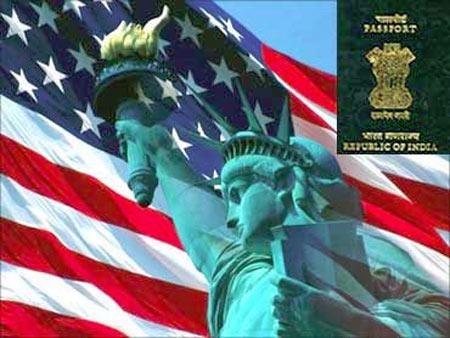
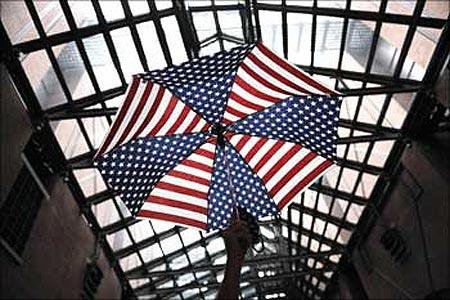
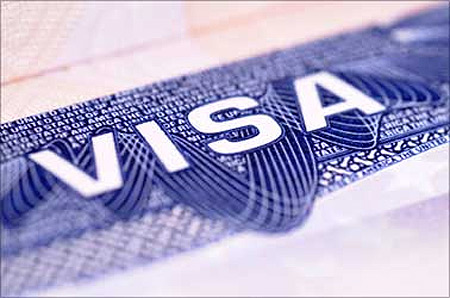
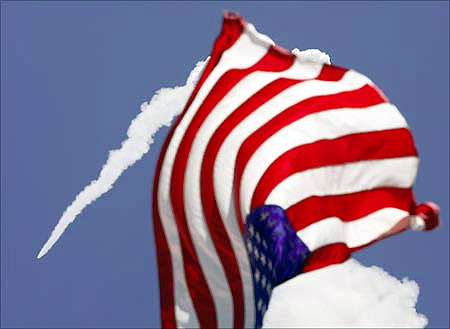

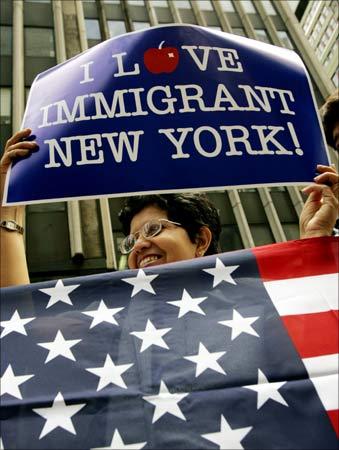
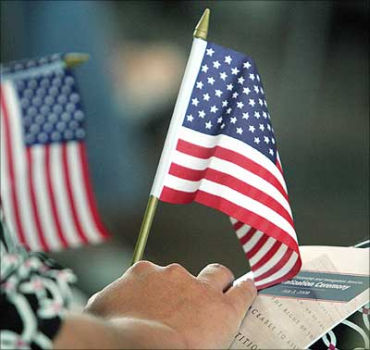
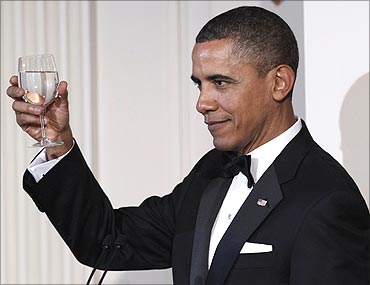


article